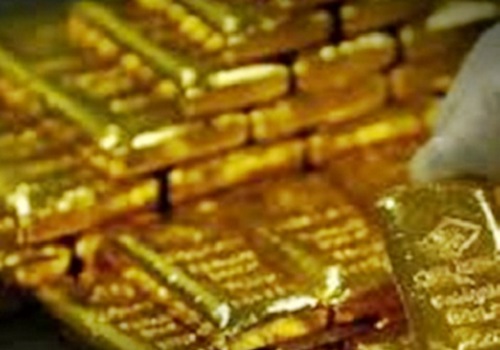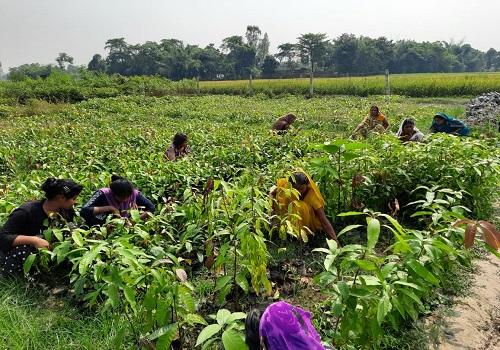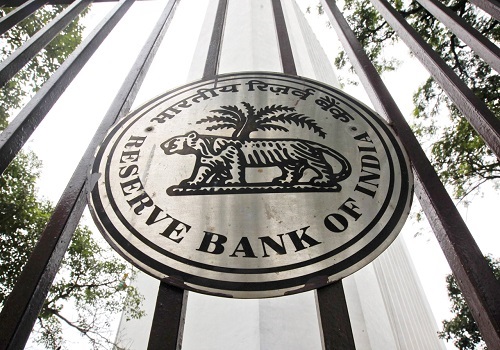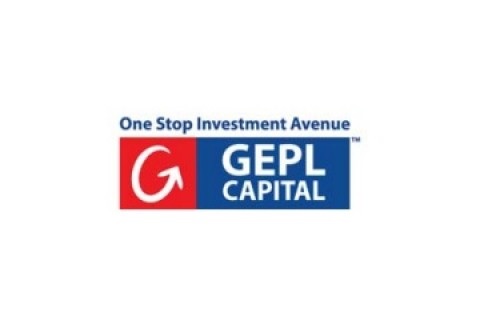Markets end lower on late hour sell-off
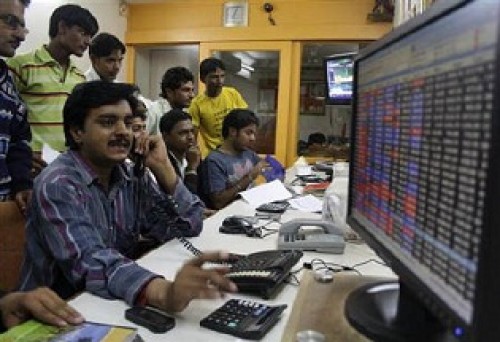
Follow us Now on Telegram ! Get daily 10 - 12 important updates on Business, Finance and Investment. Join our Telegram Channel
Indian equity benchmarks traded with a positive bias for most part of the day but selling activity which took place during late hour of trade mainly forced the markets to cut all of their gains and ended Friday’s session with losses, amid selling in Metal, Banking and Realty counters. The benchmarks opened higher, as sentiments got a boost as RBI article said the economy is gaining traction with gradual pick up in manufacturing activity and moderation in contraction of services, spurred by comfortable liquidity conditions. Sentiment remained positive with Federation of Indian Export Organisations (FIEO) President A Sakthivel’s statement that the announcement of Remission of Duties and Taxes on Exported Products (RoDTEP) rates will help in easing liquidity and enhance the competitiveness of domestic exporters over a long-time horizon. Some optimism also came with private report stated that COVID-19 has been a ‘watershed moment’ for India's e-retail market, driving a 12-month acceleration in penetration, and the segment is now forecast to grow to $120-140 billion by FY26. Adding to the optimism, Retailers Association of India (RAI) said retail sales across the country continued to recover in July, reaching 72 per cent of the pre-pandemic levels of July 2019, and businesses are pinning hopes on the festive seasons for a further boost.
However, key indices wiped off initial gains and turned negative in the late afternoon session, as traders got anxious after traders' association CAIT said that the change of regime in Afghanistan and the uncertainty over future will hit the bilateral trade between the country and India. The Confederation of All India Traders (CAIT) also cautioned domestic exporters and sought the Centre's intervention in preventing losses to the business community. Some concern also came as CMIE’s latest data showed that unemployment rate in urban India has been on the rise since the beginning of the current month. From 8.03% for the week ended August 1, it jumped to 9.96% in the next week and further to an eight-week high of 10.23% for the week ended August 15. At a time when the rural joblessness is hovering between 6-7% since July - it touched 7.01% for the week ended August 15, the spike in urban unemployment rate to double-digit reflects the continued labour market stress in the non-agricultural sectors.
On the global front, Asian markets settled higher on Wednesday despite lingering concerns about the spread of COVID-19 and signs of slowing global growth. Investors watched for the Fed's release of minutes from its July policy meeting later in the day for clues on the central bank's tapering plans. Fed Chair Jerome Powell said at a town hall meeting on Tuesday that it remains to be seen how the U.S. economy will weather the recent COVID-19 surge. European markets were trading mostly in red after data showed British inflation fell to the Bank of England's 2 percent target last month. Back home, sugar industry stocks were in focus with report that India is expected to withdraw sugar export subsidies from the new season beginning October as a sharp rise in global prices makes it easier for Indian mills to sell the sweetener on the world market. Textile industry’s stocks were in watch as Icra’s report stating that home textile exporters are set to clock a 20-25 per cent growth in current financial year (FY22) with healthy margins. The pandemic-induced lifestyle changes stemming from heightened consciousness about hygiene and increased prevalence of stay-at-home options are likely to result in a robust performance for Indian home textile exporters.
Finally, the BSE Sensex fell 162.78 points or 0.29% to 55,629.49, while the CNX Nifty was down by 45.75 points or 0.28% to 16,568.85.
The BSE Sensex touched high and low of 56,118.57 and 55,514.89, respectively and there were 10 stocks advancing against 20 stocks declining on the index.
The broader indices ended mixed; the BSE Mid cap index rose 0.26%, while Small cap index was down by 0.18%.
The top gaining sectoral indices on the BSE were Energy up by 0.30%, FMCG up by 0.24%, Oil & Gas up by 0.24%, Consumer Durables up by 0.17% and Consumer Discretionary up by 0.08%, while Metal down by 0.96%, Bankex down by 0.96%, Realty down by 0.67%, PSU down by 0.35% and IT down by 0.24% were the top losing indices on BSE.
The top gainers on the Sensex were Ultratech Cement up by 2.46%, Bajaj Finance up by 2.12%, Bajaj Finserv up by 1.78%, Nestle up by 0.91% and Bajaj Auto up by 0.89%. On the flip side, Kotak Mahindra Bank down by 2.09%, ICICI Bank down by 1.80%, Power Grid Corporation down by 1.42%, Indusind Bank down by 1.11% and HDFC down by 1.03% were the top losers.
Meanwhile, RBI in an article on the 'State of Economy' has said that the economy is gaining traction with gradual pick up in manufacturing activity and moderation in contraction of services, spurred by comfortable liquidity conditions. Observing that the retreat of the second wave of coronavirus pandemic has been slow, it said, the aggregate demand conditions are buoyed by the release of pent-up demand post unlock, while the supply situation is improving with the monsoon catching up to its normal levels and sowing activity gaining pace.
The article noted that with the cautious unwinding of restrictions by states, human mobility has risen to levels last seen in February 2021, prior to the onset of the second wave. Electricity generation readings, too, have recovered to peak levels seen in April 2021 and are closing on to the pre-pandemic level (July 2019). As per the article, fuel consumption recorded an uptick in July 2021. While the consumption of petrol reached pre-pandemic levels and aviation turbine fuel (ATF) recorded a sequential improvement, diesel consumption slipped marginally.
On the price rise front, the article said the headline CPI inflation for July 2021 came in at 5.6 per cent, down 70 bps from 6.3 per cent a month ago and ‘reinforcing the view that the recent upsurge has peaked and the worst would be behind us’. Further, it said high frequency food price data from the Department of Consumer Affairs indicate an uptick in cereal prices in August so far. Prices of pulses, on the other hand, continue to soften. Edible oil prices are seeing some pressures. Among key vegetables, prices of potatoes, onions and tomatoes saw some seasonal increase in prices.
The CNX Nifty traded in a range of 16,701.85 and 16,535.85 and there were 20 stocks advancing against 30 stocks declining on the index.
The top gainers on Nifty were Eicher Motors up by 2.66%, Ultratech Cement up by 2.44%, Bajaj Finance up by 2.09%, Adani Ports &SEZ up by 1.71% and Grasim Industries up by 1.62%. On the flip side, Kotak Mahindra Bank down by 2.31%, Hindalco down by 2.30%, ICICI Bank down by 2.04%, SBI Life Insuran down by 1.83% and Tata Motors down by 1.53% were the top losers.
European markets were trading mostly in red; UK’s FTSE 100 decreased 25.06 points or 0.35% to 7,156.05, France’s CAC decreased 21.35 points or 0.31% to 6,798.49 and Germany’s DAX decreased 13.59 points or 0.09% to 15,908.36.
Asian markets settled higher on Wednesday ahead of minutes from July’s meeting of the Fed policy committee for clues on the central bank's tapering plans. Chinese and Hong Kong shares ended higher, even after Chinese market regulator on Tuesday issued draft rules to prevent unfair competition on the internet. Japanese shares rose tracking gains in defensive stocks, while Japanese Prime Minister Yoshihide Suga officially expanded and extended the nation's corona-virus state of emergency to counter a spike in Covid-19 cases threatening the medical system.
Above views are of the author and not of the website kindly read disclaimer



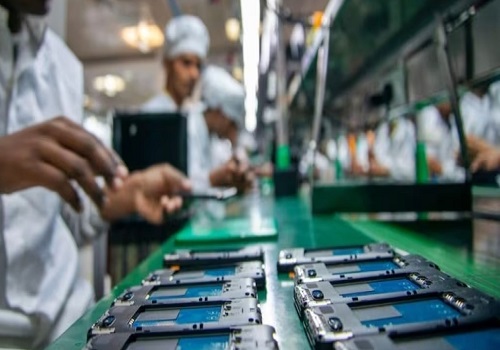

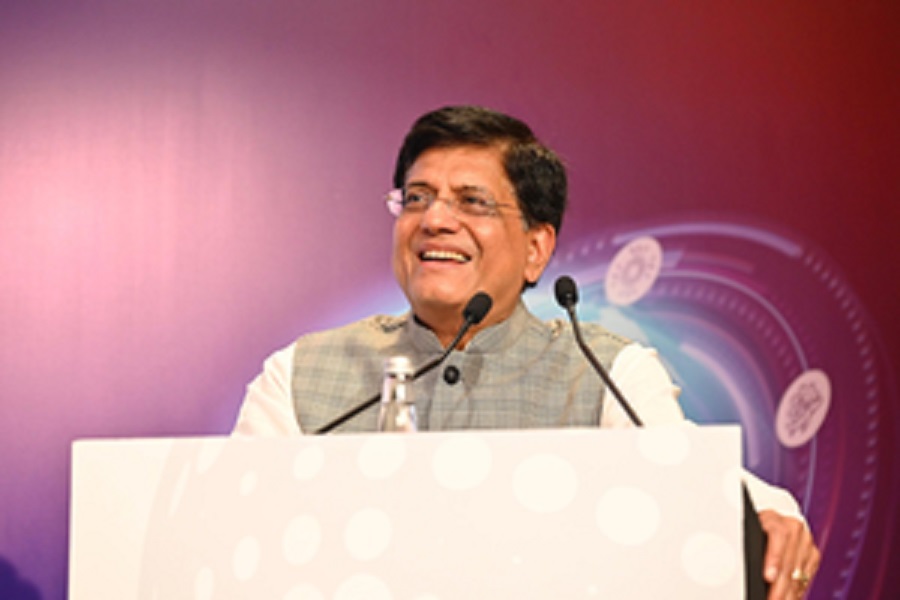


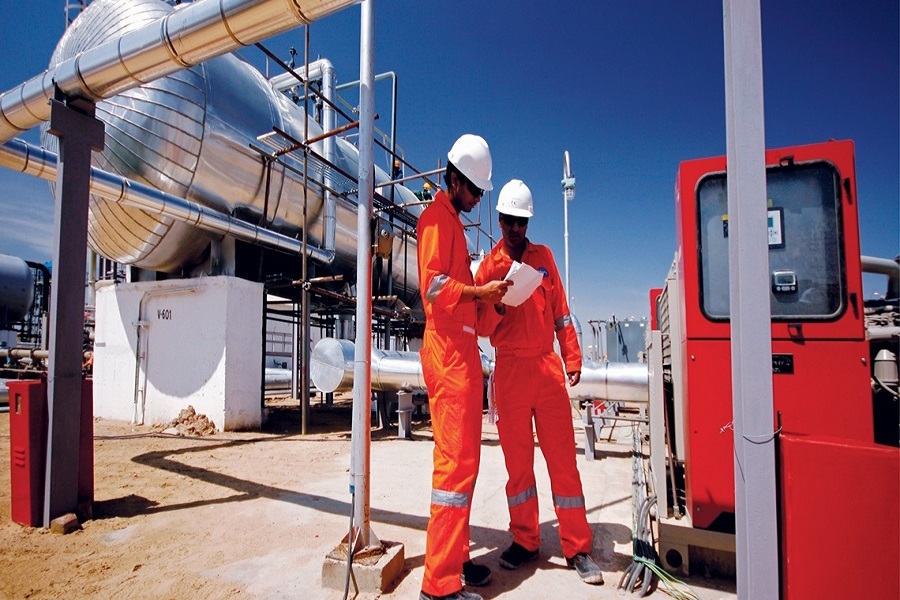
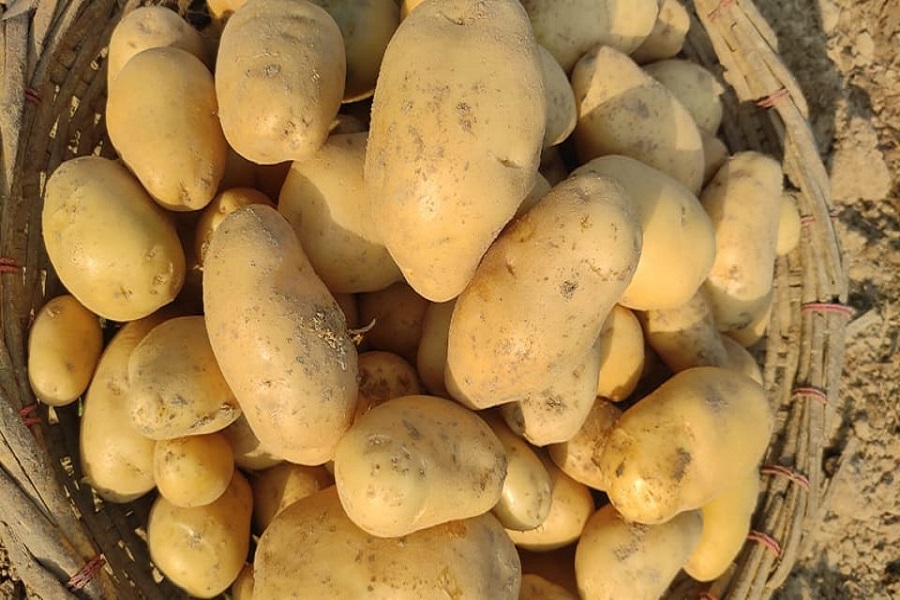
Tag News

Weekly Market Analysis : Markets strengthened recovery and gained nearly 2% in the passing w...






